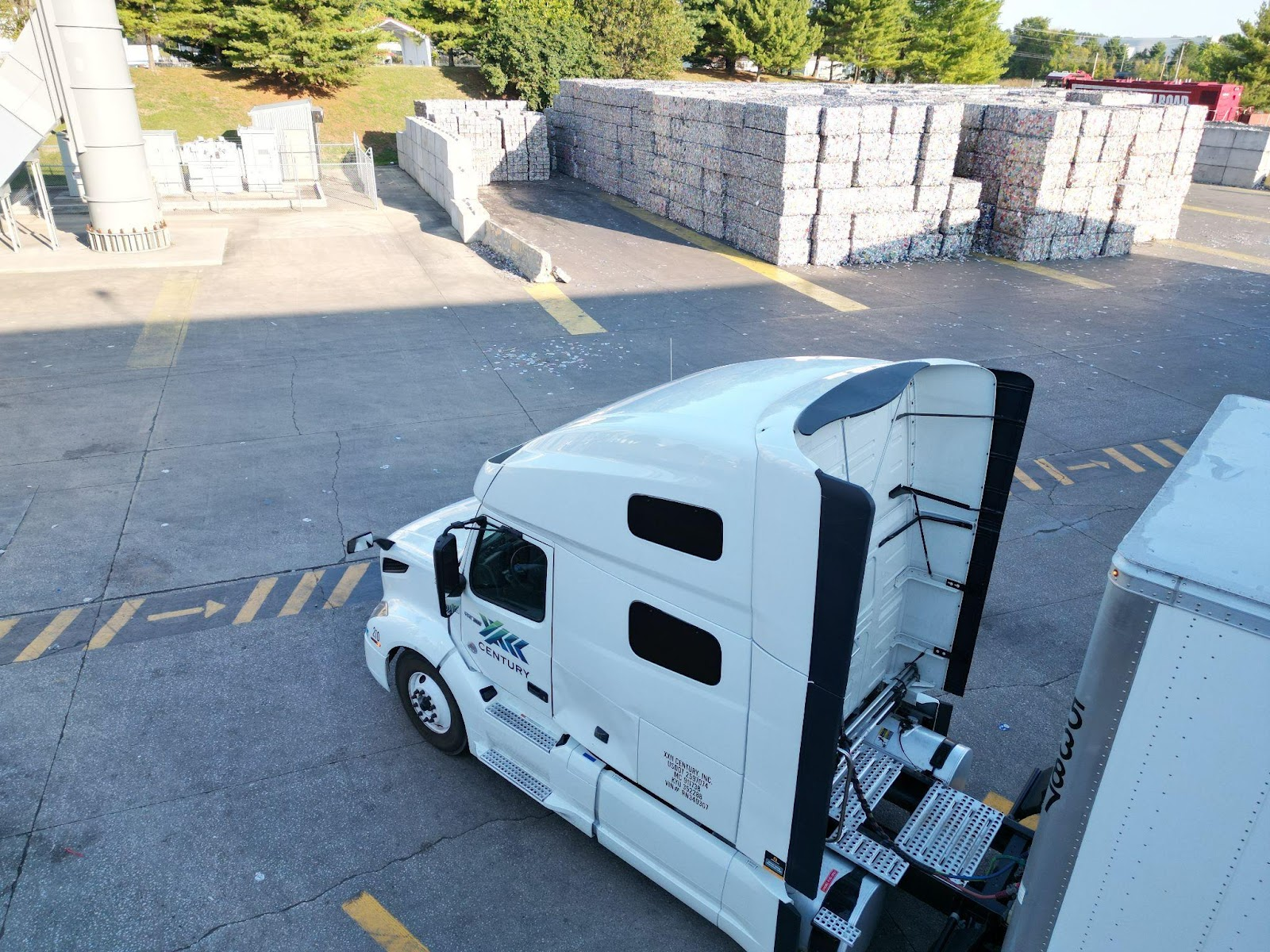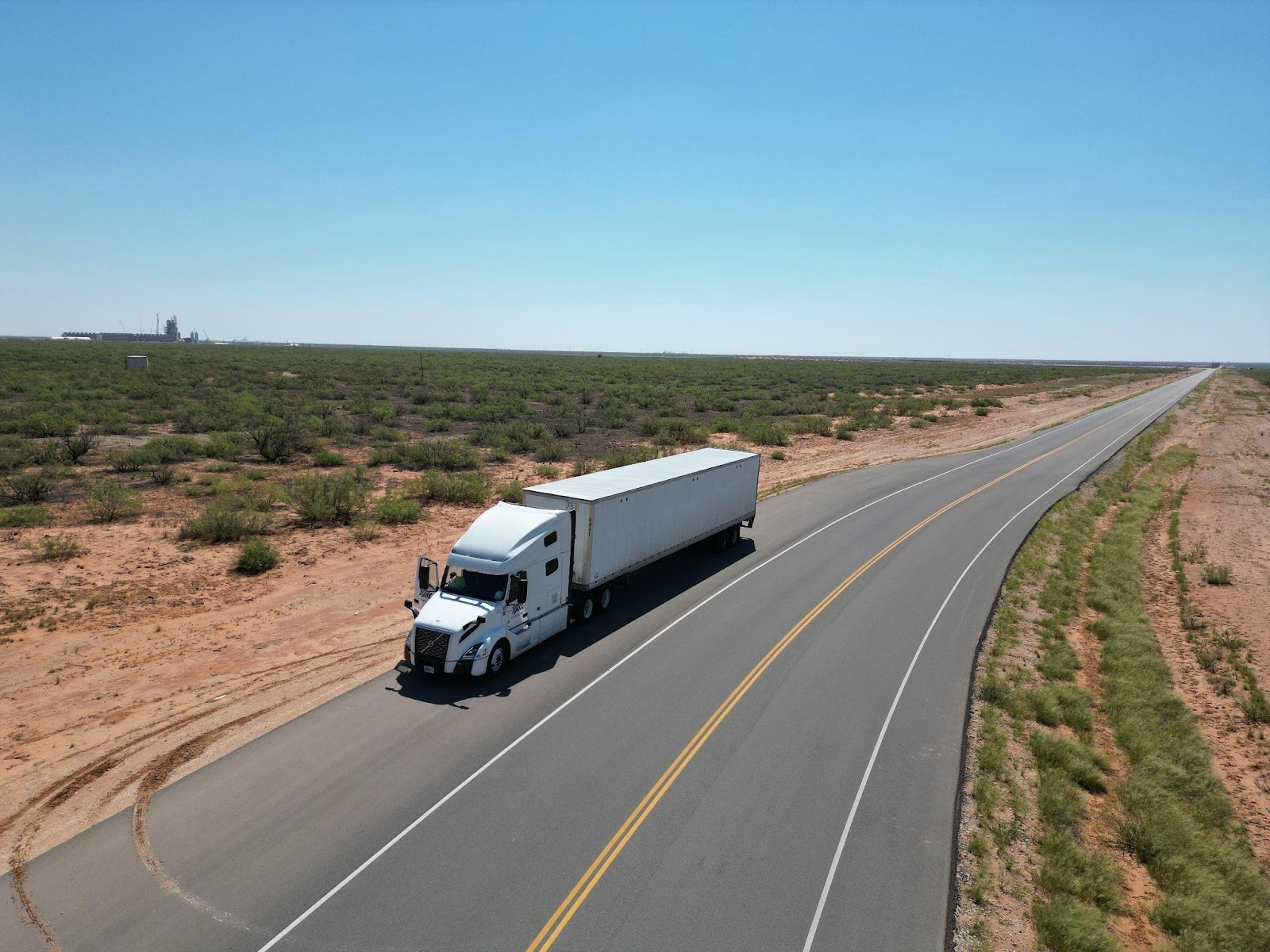If you’re exploring your options in the trucking industry, becoming an owner-operator can be one of the most rewarding paths. It’s a chance to own your rig, make decisions, and reap more of the financial upside—but it’s also a significant jump in responsibility and risk. In this article, we’ll dive into what owner-operator positions really mean, the pros and cons, and whether pursuing CDL owner operator jobs, truck owner jobs, or owner operator trucking jobs makes sense for your truck driving career goals.
What Does Being an Owner-Operator Mean?

An owner-operator is a driver who not only has a Commercial Driver’s License (CDL), but also owns—or leases in a way that gives them control over—the truck they drive. Rather than being employed by a trucking company, you’re essentially running your own small business. That means:
- You handle (or pay someone to handle) maintenance, insurance, and licensing.
- You negotiate and sign contracts, set rates or odds, or accept loads from brokers or shippers.
- You decide the routes (to some extent), schedules, and how you use your equipment.
Because of that autonomy, owner operator trucking jobs often come with higher potential earnings—but also higher costs.
Why Pursue Owner Operator Trucking Jobs?
Here are several reasons drivers choose the owner‐operator path:
- Earning Potential – As an owner, you keep more of what you make. After you pay off costs (fuel, maintenance, insurance, permits, etc.), your take-home can be substantially higher than a company driver job, depending on how well you manage expenses.
- Greater Autonomy – You control your schedules, pick your loads, select routes, and even the kind of freight you haul. For many, this flexibility is worth the extra work.
- Asset Building – Owning a truck (or leasing one long term) means you’re building equity. If you maintain your vehicle, it has resale value. In effect, you’re investing in your own business.
- Tax Benefits – Owner‐operators may deduct expenses like lease payments, fuel, maintenance, insurance, and depreciation. A savvy driver with good accounting can take advantage of these to lower net taxable income.
Common Challenges in Truck Owner Jobs
While the benefits are compelling, owner operator positions are far from risk-free. Here are some of the pitfalls to consider, so your decision is well informed.
- Upfront Costs: Buying or leasing a truck, securing insurance, licensing, and registration can require a hefty investment.
- Overhead and Maintenance: You’re responsible for all ongoing costs—tires, oil, repairs, downtime. If your truck is off the road, you’re not making money.
- Fuel Costs and Price Volatility: Fuel is often one of the single biggest line items in truck owner jobs budgets. Sudden fluctuations in fuel prices can eat deeply into profits.
- Administrative Burden: Paperwork, regulatory compliance (especially with trucking laws, hours-of-service, safety inspections), finding loads, invoicing, accounting—all of which can take time and effort.
- Irregular Income Flow: Loads aren’t always steady. Some months you’ll be chasing business, some months you’ll have more than you want. Cash flow management becomes vital.
Comparing “Owner-Operator” to Other Truck Driving Careers
To see if owner operator trucking jobs (or CDL owner operator jobs) suit you, compare them with other paths:
| Feature | Company Driver | Lease operator / contract driver | Owner-Operator |
| Truck Ownership | No | Partial or conditional | Full or effective ownership |
| Monthly Fixed Costs | Low (company handles maintenance etc.) | Moderate | High |
| Income Potential | More predictable, often lower net after costs | Higher, but costs eat into profits | Highest potential, but also highest risk |
| Flexibility | Restricted by employer’s scheduling | Some flexibility | Maximum flexibility |
| Administrative Work | Minimal (handled by employer) | Moderate | Significant |
If you like stable paychecks and fewer headaches, being a company driver might be better. But if you love independence, are good at business, and can manage risk, owner-operator trucking jobs might be your ideal route.
Key Steps to Succeed in CDL Owner Operator Jobs
If you decide to go full owner-operator, here are steps and best practices:
- Get the Right Truck & Equipment
- Choose a reliable rig with good fuel economy, proper size and power for the freight you’ll haul. Consider whether buying or leasing makes more sense financially.
- Build a Safety Net
- Have enough capital saved to cover unexpected repairs, downtime, and other emergencies. Many successful owner-operators keep several months of operating expenses in reserve.
- Understand All Costs
- Fuel, maintenance, insurance, registration, permits, tolls, licensing—all add up. Track everything and build them into your rates.
- Find Good Load-Sources
- Whether via brokers, direct shippers, or load boards, securing consistent loads is key. Speaking of consistency: nurturing relationships with brokers and customers pays off.
- Maintain Good Records & Accounting
- Track income and expenses precisely. Use accounting software or hire a professional. Make sure you understand tax deductions for owner-operator trucking jobs.
- Comply with Regulations
- Hours-of-Service, safety inspections, weigh stations, DOT regulations—all need attention. Fines and violations can hit your bottom line.
- Plan for Maintenance and Downtime
- A breakdown is a loss of time and money. Preventive maintenance is one of the secrets to long-term profitability.
Is the Owner Operator Position Right for You?
Here are some traits and conditions that often align with success as an owner-operator:
- You’re self-motivated and disciplined. Without a direct boss, you’ll be your own manager.
- You’re decent at business: negotiating rates, managing cash flow, budgeting.
- You accept risk and unpredictability. Some months will be lean.
- You’re willing to deal with logistics and paperwork, not just driving.
- You have the ambition to grow—maybe hire additional drivers, expand your fleet, etc.
If many of these sound like you, an owner operator position is likely a strong path to follow in your truck driving careers.
Financial Scenarios: What to Expect
To give you a rough sense, here are two simple scenarios:
| Scenario | Gross Revenue* | Operating Costs | Net Income |
| Modest utilization (say, 60% load factor) | Lower | Fixed + maintenance heavy | Smaller profits, risk of losses if costs jump |
| High utilization with good routes, consistent loads | Much higher | High, but spread across more miles | Much greater take-home, higher ROI |
*Gross revenue depends heavily on miles, rates per mile, fuel price, etc.
You’ll want to run your own numbers based on your market (local vs long haul), type of freight, and truck specs.
Alternatives & Hybrid Paths

Even if full owner operator trucking jobs seem daunting, there are hybrid options:
- Lease-to-Own: You lease with option to buy. This eases upfront cost but you still face most of the responsibilities.
- Fleet Owner-Operators: Hook into a company that gives you loads but lets you maintain autonomy. You may benefit from collective bargaining, maintenance discounts, etc.
- Partnering: Joining forces with other drivers or investors to share costs, responsibilities, and profits.
These alternatives can give you some of the benefits of truck owner jobs without fully going it alone.
Final Thoughts
Joining the world of owner-operators can be a transformative move in your truck driving careers. With CDL owner operator jobs, owner operator trucking jobs, and truck owner jobs, you’re stepping into entrepreneurship. Yes, it demands more effort, financial discipline, and risk-management. But for many, the reward—both financial and personal—is well worth it.
If you’re ready to take on the responsibility, build your business, and drive towards your own goals—not someone else’s—then becoming an owner-operator may be your best move. But if stability, simplicity, and fewer headaches matter more, there’s no shame in sticking with or moving into a company driver role while you prepare.
Whatever you choose, make sure your decision is built on clear numbers: your startup and operating costs, realistic income estimates, and your tolerance for risk. Your truck driving careers depend on it.

